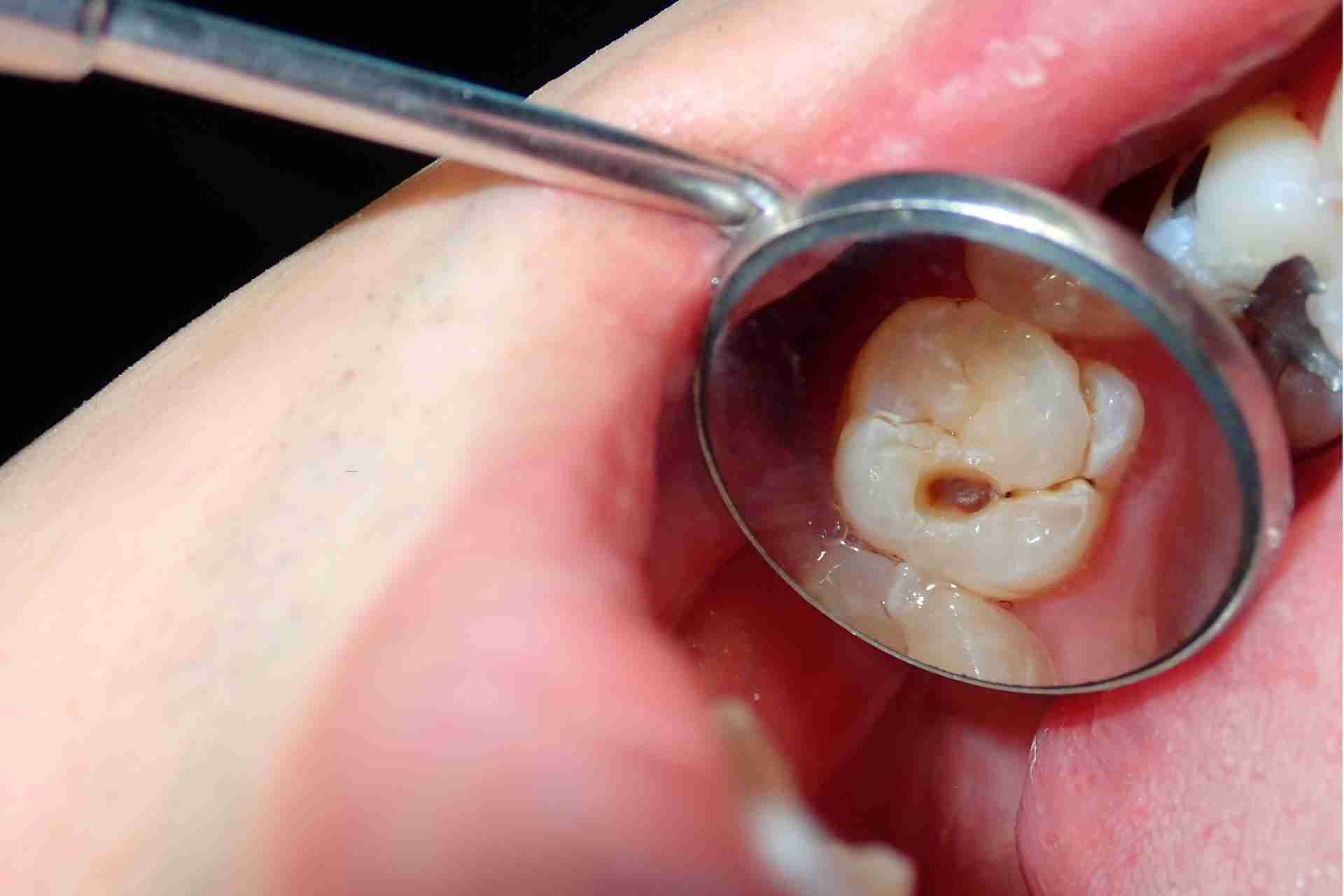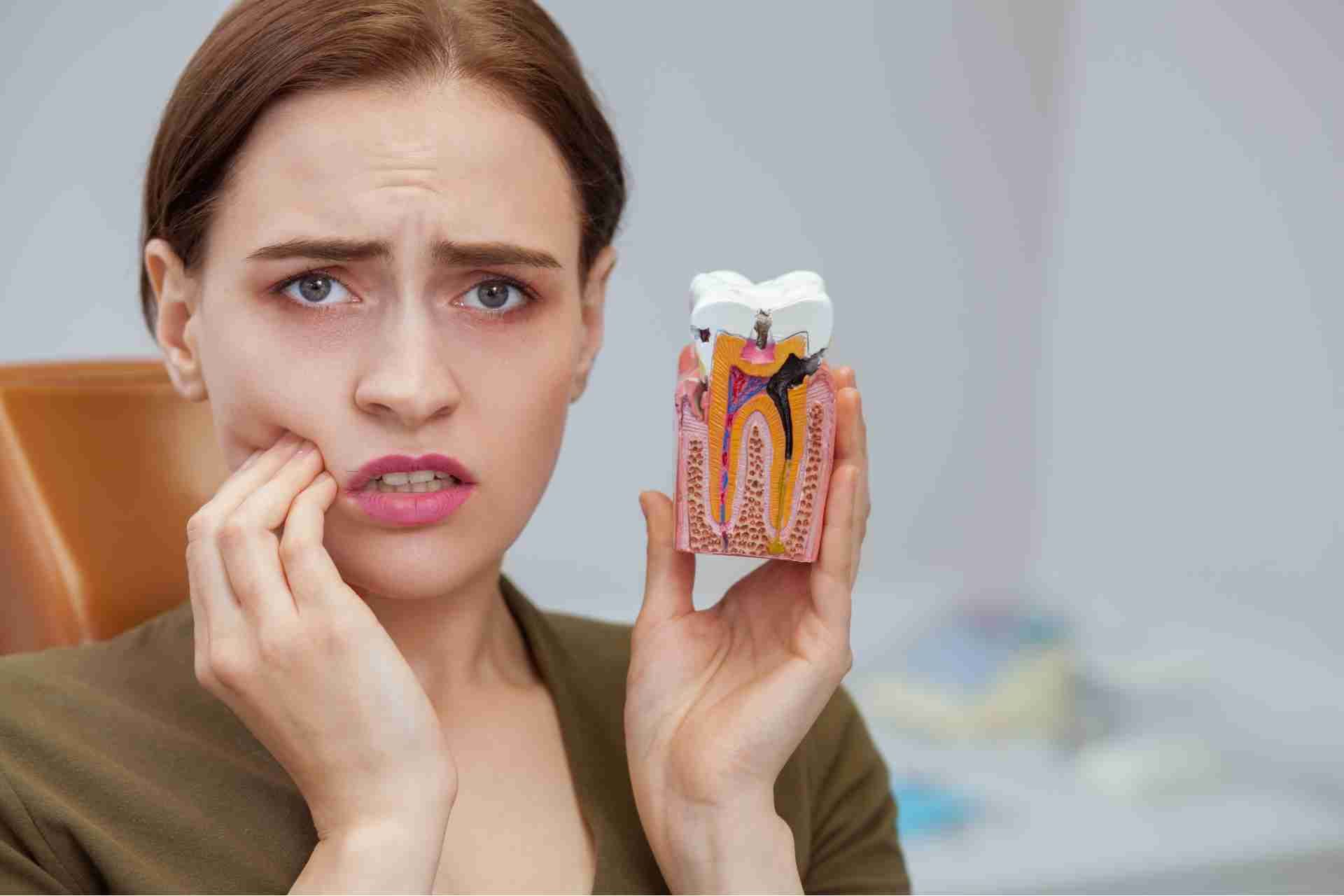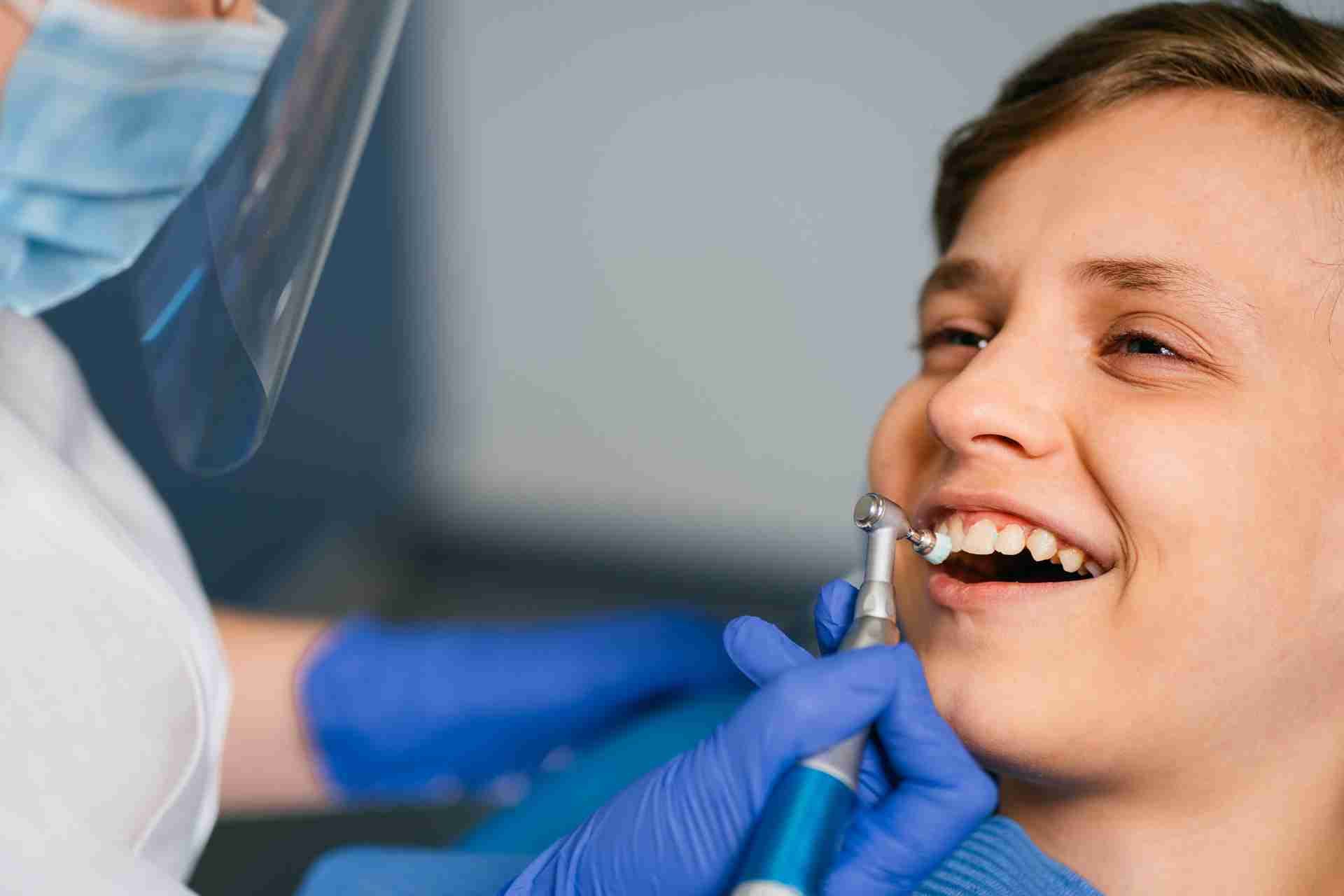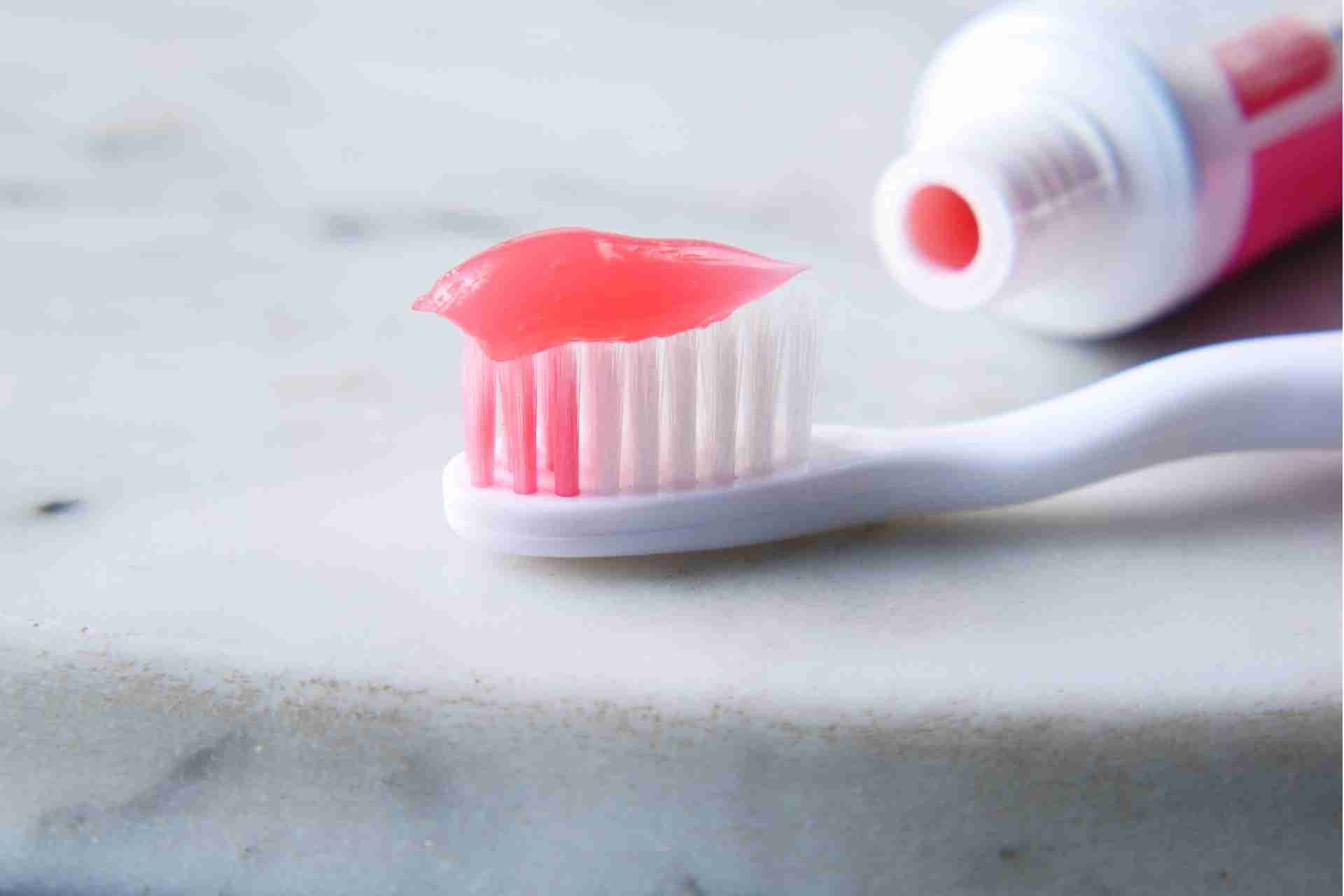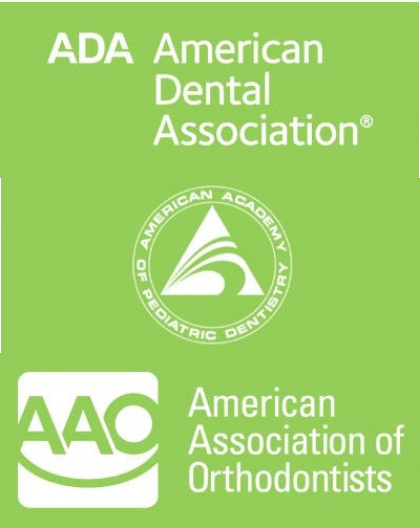How Safe are Dental Implants?
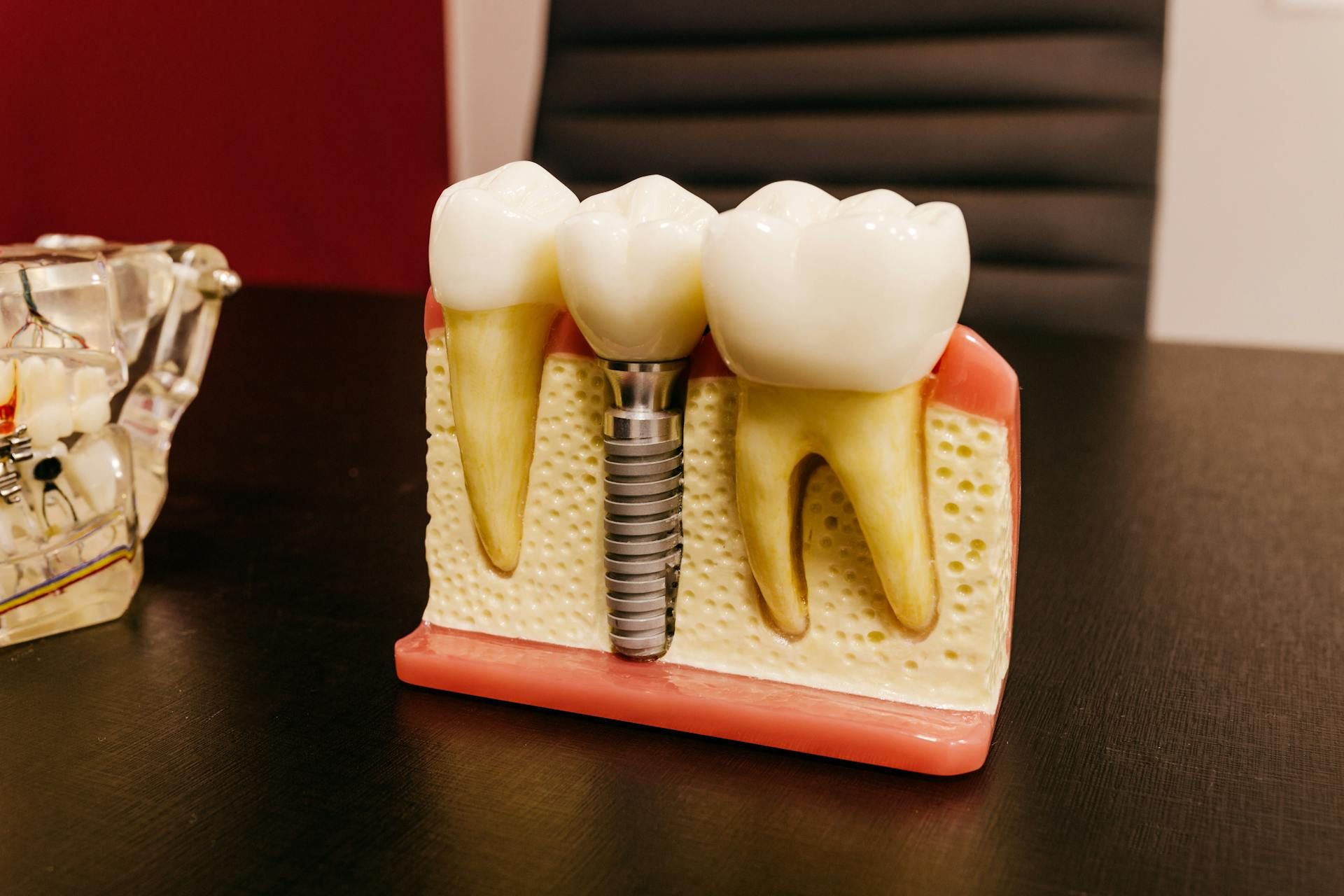
Dental implants are artificial tooth roots that are used to replace missing teeth. They are typically made of titanium and are surgically implanted into the jawbone to provide a stable foundation for replacement teeth, such as crowns or dentures. Dental implants are a popular and effective solution for replacing missing teeth, as they look and function like natural teeth and can last a lifetime with proper care.
They can also help to prevent bone loss in the jaw and preserve the overall structure of the mouth. If you are missing one or more teeth, dental implants may be a good option for restoring your smile and improving your oral health.
However, many people may have concerns about the safety of dental implants. Let's start exploring how safe are dental implants and provide information to help you make an informed decision about this dental procedure.
Are Dental Implants Safe?
Yes, dental implants are considered safe and have a high success rate when performed by a qualified and experienced dental professional. However, there are still risks associated with any surgical procedure, and potential complications can occur, such as infection, nerve damage, or implant failure.
Risks and Benefits of Dental Implants
Risks:
1. Infection: There is a risk of infection at the site of the dental implant.
2. Nerve damage: There is a risk of damaging the surrounding nerves during the implant procedure, which can result in numbness or tingling in the mouth or face.
3. Bone loss: In some cases, the bone may not integrate properly with the implant, leading to bone loss.
4. Implant failure: There is a risk that the dental implant may fail, either immediately after placement or over time.
5. Allergic reaction: Some individuals may have an allergic reaction to the materials used in dental implants.
Benefits:
1. Improved appearance: Dental implants look and feel like natural teeth, improving the overall appearance of the smile.
2. Improved speech: Dental implants can help improve speech by providing a stable and secure foundation for the teeth.
3. Improved chewing ability: Dental implants restore full chewing function, allowing individuals to eat a wider variety of foods.
4. Long-lasting: With proper care and maintenance, dental implants can last a lifetime.
5. Protects adjacent teeth: Unlike dental bridges, dental implants do not require adjacent teeth to be altered or removed, preserving the integrity of the surrounding teeth.
Who is Eligible to Get Dental Implants
Generally, anyone who is in good overall health and has enough bone in their jaw to support a dental implant can be eligible for dental implants. However, some factors that may affect eligibility for dental implants include:
Gum disease - If a person has
severe gum disease or untreated periodontal issues, they may not be a good candidate for dental implants until the gum disease is treated and under control.
Smoking - Smoking can affect the success rate of dental implants, so some dentists may recommend that individuals who smoke quit or reduce their smoking before undergoing implant surgery.
Certain medical conditions - Some medical conditions, such as uncontrolled diabetes or autoimmune disorders, may affect the healing process after dental implant surgery. It is important to discuss any medical conditions with a dentist before undergoing the procedure.
Medications - Some medications can affect the healing process or increase the risk of complications after dental implant surgery. It is important to inform the dentist of any medications being taken.
Consult with a Dentist in Pennington, NJ Before Taking Dental Implants
Before considering dental implants, it is important to consult with a dentist at Pennington Orthodontics & Pediatric Dentistry in Pennington, NJ. Our team of experts can evaluate your oral health and determine if you are a good candidate for dental implants. We will assess the condition of your teeth and gums, discuss your treatment options, and address any concerns you may have.
If you are interested in learning more about dental implants or would like to
schedule a consultation, please contact us at Pennington Orthodontics & Pediatric Dentistry in Pennington, NJ.
